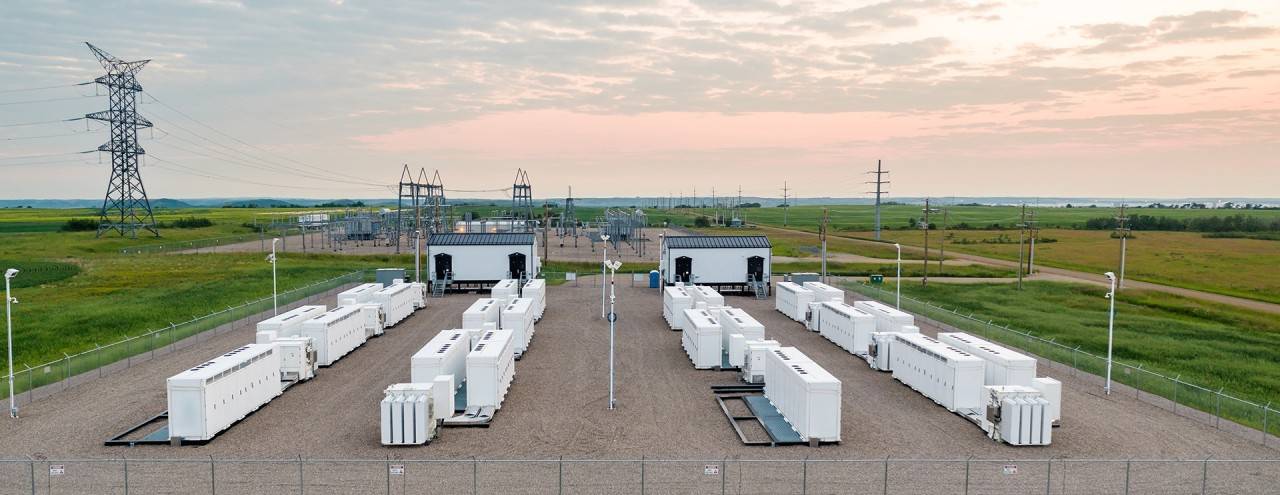
Sustainability of Battery Energy Storage
Whilst the idea of storing energy in batteries is not new, the current push for more efficient, large-scale, integrated and cost-effective solutions is a relatively modern development, driven by the need for cleaner, more sustainable energy sources and the growth of electric vehicles.
Batteries are seeing an increased amount of research and development into their capabilities given their long-proven record of reliable voltage, capacity, energy density, charge/discharge rate, and lifespan.
New technologies include solid-state batteries and lithium-sulfur batteries, unique for their energy density attributes enabling more energy to be stored in the same space, and researchers are looking to batteries for longevity storage providing energy over weeks and months which will enable consistent integration of renewable energy into the grid. Furthermore, future battery systems are also likely to be integrated into Smart Grids that can dynamically respond to energy demand and storage levels, improving efficiency, reducing costs, and enhancing grid resilience.
As technology such as this advances, battery storage could find its way into new sectors, including industrial processes, shipping, aviation, and even large-scale construction. In the future, sectors that are traditionally difficult to electrify may also benefit from large-scale storage solutions.
Cost is also driving popularity. Lithium-ion batteries have significantly decreased in cost in recent years, making energy storage more economically viable for both consumers and large-scale projects. If battery storage costs continue to fall, we could see even more widespread adoption of large-scale storage solutions for grid stabilization and backup power.
All of this portrays a positive future for battery storage technology however there are concerns over the sustainability and ethical sourcing of materials used in batteries, such as lithium, cobalt, and nickel. Efficient recycling processes for used batteries need to be developed to manage waste and reduce their environmental impact including that of the potential in repurposing EV batteries which still have a considerable charge left to be repurposed for stationary energy storage systems, creating a more sustainable lifecycle and reduce e-waste.
Battery storage has immense potential both now and in the future, especially in supporting renewable energy adoption, enabling cleaner transportation, and enhancing grid stability. The continued advancements in technology and the global push for clean energy solutions are expected to expand the role of battery storage in the coming decades, making it a critical component of the energy transition.
Let us know your view on the take up and future potential of batteries in the comments below.
